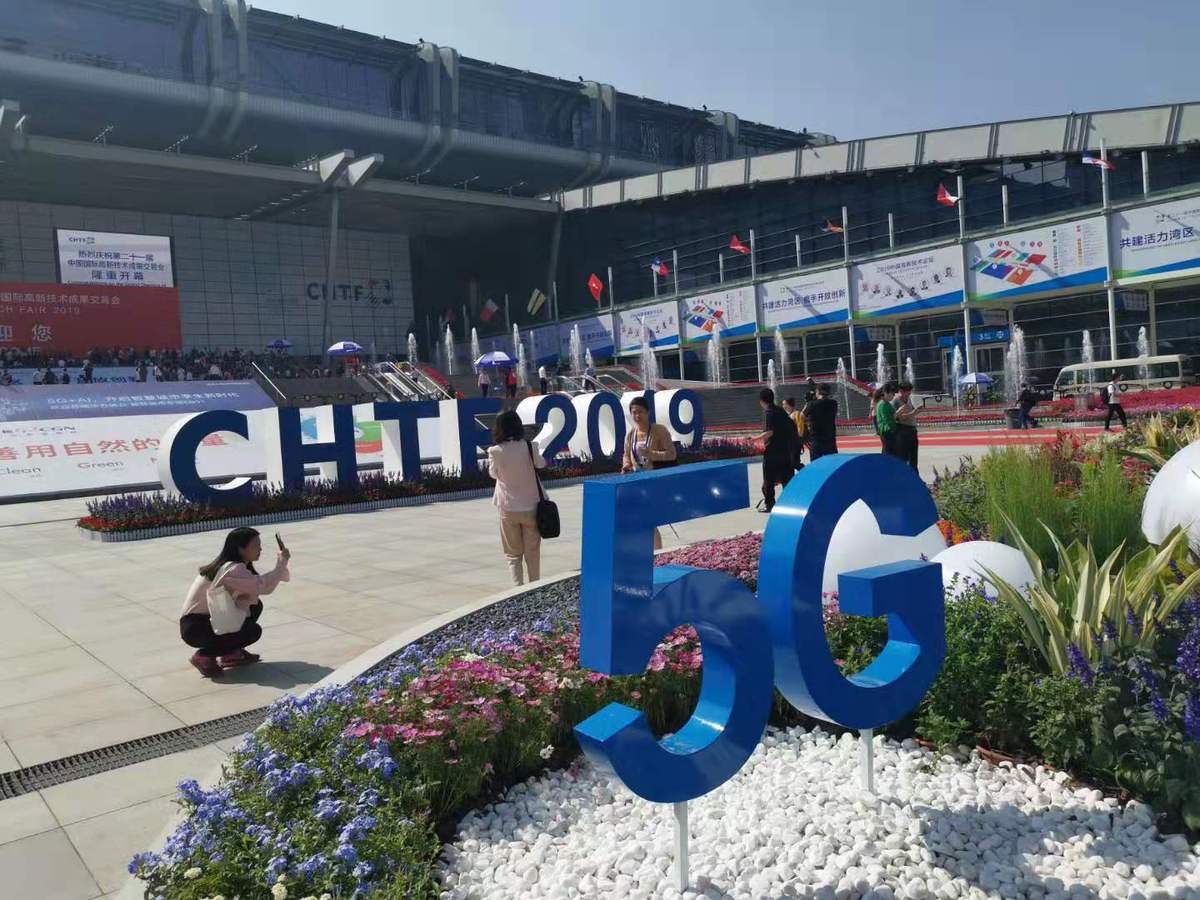5G tech in spotlight at Shenzhen fair


The application of 5G technology in various industries grabbed the spotlight at the China High-Tech Fair in Shenzhen, the country's largest technology event.
Telecom equipment maker Huawei showcased its 5G applications for the smart city, industrial and intelligent driving sectors. "The largest market for 5G technology currently lies in industrial usage. We have carried out projects in electricity and water supply, as well as the mining and construction industries," said a representative at the Huawei booth.
The firm is also in cooperation with major carmakers to take advantage of the new generation of communication technology to improve the cost-efficiency of intelligent vehicles. The representative said increasing the synergy speed among cars and roads could substantially decrease the modifications on cars so that they could lower the cost and offer a more competitive price.
China Mobile, one of China's big three telecom carriers, presented their latest practice of 5G in medical treatment, such as 5G ambulances. "Our aim is to achieve a starting diagnosis in the ambulance. Real-time medical data is huge in size, so high-speed transmissions are urgently needed," said Wang Can from a research center of China Mobile in Chengdu, Sichuan province.
She introduced at the fair that the world's first application of 5G special networks in the medical industry kicked off on Wednesday in Sichuan and China Mobile provided its network service.
Another telecom carrier, China Unicom, also exhibited their 5G remote ultrasonic diagnosis and treatment project in Peking University Shenzhen Hospital. With the help of 5G, grassroots doctors can start remote consultations with doctors from 3A-grade hospitals.
The fifth generation communication technology will become telecom carriers' major income source in the future, as it can efficiently optimize user experience and cut costs, said Wilson Chow, the telecom, media and technology practice leader at the consultancy PwC.
But he also stressed that the huge investment in network infrastructure and unclear business models could hinder profits in the short term.




































